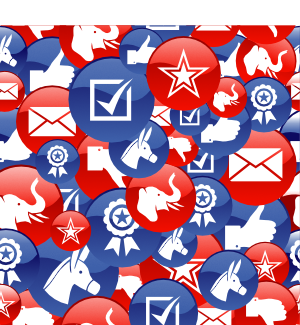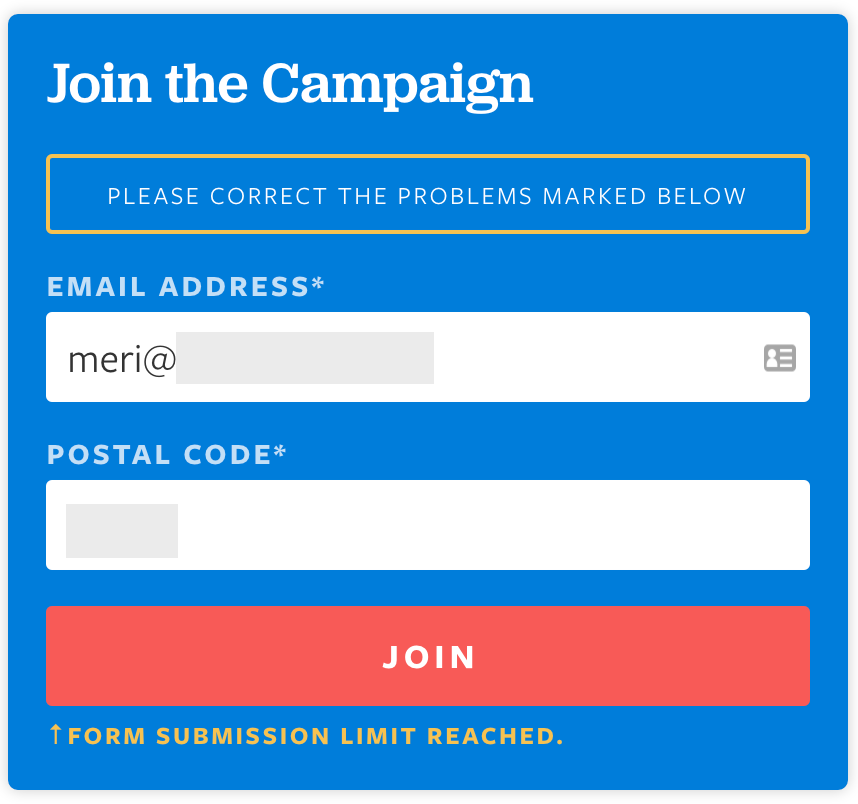Tulsi v. Google: 1st amended complaint
- laura
- September 30, 2019
- Legal , Uncategorized
Friday the Tusli Gabbard campaign filed the expected first amended complaint against Google for suspending her adwords account immediately after the first Democratic debate. A full copy of the complaint is available.

First reading is that it’s only slightly better written than the first complaint. The document reads to me more like a policy statement than an actual lawsuit. Frankly, I’m about done with presidents and presidential campaigns that think they’re better than or above the rest of us citizens and that normal rules don’t apply to them. But, Tulsi appears to think being a presidential candidate means she gets special access and privileges.
140. Google has established a clear policy of using its power over speech to favor certain political viewpoints over others. For example, since June 2019, Google has used its unique control over political advertising and election speech to try to silence Tulsi Gabbard, a presidential candidate who has spoken out against Google.
141. But Tulsi will not be silenced. Google is trying to change the outcome of an American presidential election, and the government has been unwilling and unable to do anything about it. This action seeks to change that.
She’s also arguing that it’s unfair, so frightfully unfair, that the individuals working in the elections department at Google Ads support other candidates. The underlying implication being that she can only be treated fairly if her account manager is also a supporter of hers. I see this as a symptom of the incredibly polarised world we live in. Tulsi can’t believe anyone would treat her fairly unless they also support her for president.
My naive reading of the initial and first amended complaints leads me to believe that on the night of the first debate, the campaign tried to purchase a lot more ads than they had previously. This sudden increase in purchasing activity triggered some of Google’s anti-fraud detection algorithms and her adwords account was shut down temporarily. If I didn’t say it when I wrote about the first complaint, I’ll say it now: This is good behaviour. If something significant changes on an account, particularly a verified account belonging to a presidential candidate, then it should be shut down until the activity is verified.
I’ve heard some comments from friends and colleagues who are Google employees about the Podesta phish / DNC hack in the run up to the 2016 election. These comments, while vague and containing no details, lead me to think there was a significant internal push to make sure that Google would catch such types of compromises in the future.
Plus, I’m sure Google has limits on adwords account to make sure their customers aren’t surprised by excessive charges. Even verified accounts and even political accounts. The last thing they want is to hear is that the adwords bill won’t be paid because the charges weren’t authorised.
Then there’s this:
154. An actual controversy exists between the Campaign and Google as to whether Google’s policies and procedures, and their application thereof, violate the United States Constitution. The correct interpretation is that Google’s policies and procedures, facially and as applied, violate the Campaign’s speech and association rights under the United States Constitution
As long as I’ve been on the internet folks have been trying to argue that the first Amendment of the US constitution applies to private networks. I have yet to see any compelling argument that says it does. While there are bigger discussions to be had about the responsibilities of large internet providers, I don’t think they can or should be based on the first amendment.
I do think networks have a fundamental responsibility to stop abuse on their platform. All of the major networks, and many of the minor ones, have failed spectacularly at doing this. Just this weekend a Facebook friend shared this NYTimes article on the explosion of child sexual abuse material online (CW: child abuse and torture, this is a very difficult read) and how law enforcement and networks have utterly failed to effectively address the issue. There are days I think the Internet has contributed to more harm than good. Reading that article led to one of those days.

